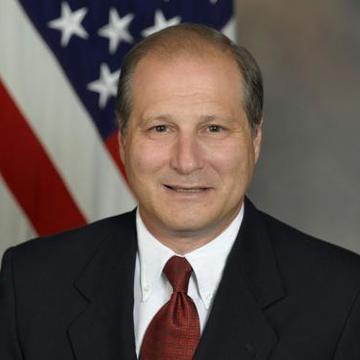What NATO should do now
The alliance can't afford to waste its unity and sense of purpose
Read the full article at The Bulwark
Since the beginning of Russia’s full-scale invasion of Ukraine, NATO has shown more unity and resilience than it has in years. Its purpose is clear, its strategy is unified, and what once seemed like vast chasms between its members now seem neither so deep nor so wide. Despite the criminal and gut-wrenching violence in Ukraine, NATO is strong, and must use its strength in this moment with judgment and celerity.
The Russian invasion of Ukraine will transform the European security landscape for years to come. Notwithstanding the clear, united warnings to Russian President Vladimir Putin that his actions would have severe consequences, the reality is that Putin was never going to be deterred. His megalomania and narcissistic need to right the alleged wrongs imposed on Russia after 1991 led him down this tragic path.
There is a danger, however, in concluding that the failure of deterrence somehow means that NATO has lost its value. That would concede victory to Putin by rewarding him what he most dearly desires: the destruction of NATO, the weakening of America’s security presence in Europe, and the closing the alliance’s “open door” policy, after nearly 25 years, to those nations that want to join. To assume NATO’s diminishment or demise would also yield to Putin’s demands for more influence in Europe’s security architecture, which would only make Europe even less secure.

